Working in law enforcement for over forty years, has helped me to understand the view held by criminologists from across the world, that the fear of crime can be more serious and devastating than crime itself. I have seen in many communities where the effects of crime have generated so much fear and anxiety, to the extent where the lives of citizens have been disrupted beyond repair. The run for cover by hundreds of citizens in Times Square, New York on Tuesday, August 6, 2019, when popping sounds came from a motorcycle which was backfiring whilst it travelled along the roadway, is a classic example of how the fear of crime can affect the individual, community and country. Those who were in that particular space and who rushed for cover could have caused a stampeded resulting in the injury or death of many or the destruction of property.
What were the people running from?
The people who scampered for cover were not running from the motor cycle itself, instead, they were running from what sounded like gunfire which has become too often the sound that has brought death, destruction and grief to the United States, which is classified as the world’s leading superpower. This superpower has not only prescribed security solutions for a number of developed and developing countries but have also intervened militarily in some countries to maintain law and order. Judging from the actions of the United States in helping other states with similar circumstances, one would imagine that they would possess both the will and capacity to deal effectively with this problem in their own country, to prevent further bloodshed. Unfortunately, that seems not to be the case.
The people were running away from the possibility of becoming a statistic from the many mass shootings which have taken place in the United States in recent times. Fresh in their minds were the two mass shootings which occurred hours apart, one in El Paso, Texas and the other in Dayton, Ohio which together claimed the lives of over thirty people and causing the injury of dozens. The gun continues to be the weapon of choice in the commission of these mass murder.
Mass shootings United States 2019
According to Gun Violence Archive (GVA) which is a non-profit corporation in the United States, and which is responsible to provide free online access to gun violence information; mass shootings topped the days of the year for 2019. As of August 5, 2019, which was the 217th day of the year, there were 255 mass shootings reported across the United States. The GVA defines mass shooting as any incident where at least four persons were shot, excluding the shooter.
The shooting at Dayton, Ohio, claimed nine (9) lives and injured twenty-seven (27) persons, whilst the shooting at Walmart in El Paso, Texas left twenty-two persons (22) dead and at least twenty-four (24) wounded. These are the two most recent mass shootings that have generated considerable fear, panic and anxiety among citizens and visitors within the United States. GVA has reported that before the mass shooting in El Paso, the deadliest mass shooting for 2019 happened in a Municipal building in Virginia Beach, where a former city employee killed twelve (12) persons and injured four (4).
For the period January 1 to August 5, 2019, GVA published the total number of mass shootings, injuries and deaths as follows:
Total shooting incidents = 33, 237
Total gun deaths = 8796
Total injuries = 17, 480
The last time mass shootings topped the days of the year according to GVA was 2016, which ended with 382 mass shootings. 2017 and 2018 recorded 346 and 340 mass shootings, respectively.
Call those shootings at Dayton, Ohio and El Paso, Texas by any other name, their motivation, modus, intent, objectives, and end state are consistent with terrorism criteria, notwithstanding the racial identity of the perpetrators.
Irony of the situation
The irony of the situation which makes it incomprehensible, is that whilst so many persons are being murdered by men who satisfy the terrorists criteria, the authorities have failed to designate these killers with the appropriate classification of “Terrorist”. The failure to designate them as terrorist, has hampered effective counter terrorism strategies to deal with the problem.
Strategies that would allow law enforcement to engage in activities such as wiretapping and financial investigations to identify terrorists financing and to deal with sponsors and facilitators of terrorism, may not be employed outside the terrorist designation. The internet which is a major source of radicalization of these killers will remain untouched once these perpetrators are not classified as terrorists, a designation which is readily given to international terrorists. Double standards have no place in the fight against terrorism, neither are euphemisms in crime classifications.
Terrorism criteria
In arriving at the terrorist classification there are a number of variables which must be weighed in the terrorism equation. Variables such psychology, sociology, motivation, intent, purpose, capability and end state. When these incidents in the United States are examined against international terrorism standard, they not only bear similarities with groups such as ISIS and Al Qaeda but they are equal in most respect. The only identifiable difference is that the perpetrators are from within their own country and are in receipt of support from misguided person, who are blinded by conditions of race, colour and politics. Nothing would be wrong if they were designated the status of domestic terrorists. Law enforcement would have a better hand to counter their activities when they are so designated.
The psychology of the terrorists
Terrorists at the international or domestic level hold the belief that they are marginalized, the world or some group of persons are against them, the criminal acts they are carrying out are not wrong and it is for a good reason why they are behaving in such manner. The term “Freedom fighting” is often used by them as a euphemism to soften their crime. The greater part of their psyche predisposes them to inflicting mass casualty on vulnerable civilians and generate fear as was seen at Time Square, with the end state of forcing the citizens into submission so they will have total control over them. They will be happy and encouraged to carry on their activities when acts committed by them are blamed on other matters such as mental health, violent video games, family and community unattachment. Ambivalence cannot be part of the counter strategy to deal with terrorism.
Similarly, fear was generated from the 9/11 incident where up to today, persons who previously travelled on aircraft with only the fear of accidents, which according to the Federal Aviation Authority FAA are few and far apart, have hardly flown since that incident. That incident which is referred to as 9/11, has changed the conduct of travel and trade across the world. As travellers and traders suffer inconvenience whilst going about their business, the terrorists are likely smiling that their mission has been accomplished in creating fear, panic and anxiety in the aviation industry.
For any person or group of persons to lend support to people with this type of thinking, would be the clearest indication of them not understanding that crime affects the entire society and is not confined to the individuals against whom it is committed. In the proverbial term, “Today for me, tomorrow for you”. With the global village becoming smaller due to international travel and trade, what is happening in the United States can very well happen in other countries as was the case in Christ Church, New Zealand. In that incident, the terrorist who killed over fifty (50) people at worship was from another country.
The fear has become so widespread that Amnesty International has issued travel advisory, warning people traveling to the United States to be on the lookout for perpetrators of gun violence. They have warned citizens against attending places with large gathering such as schools, churches, bars, casinos, shopping malls, and cultural concerts. This warning has serious implications for business and social activities as these places which are listed are almost inescapable whether in the conduct of business or social engagement.
In arriving at a prognosis relating to the prevailing circumstances, guidance is taken from Ronald Akers, “Social Learning Theory” which makes the point that criminal behaviour is learnt through a process of socialization. With the unrestricted access to the internet and the “copycat” mentality, which is being actively played out in other jurisdictions, if strong counter measures are not taken, the situation will likely worsen. The article posted in the Washington Press on August 18, 2019 titled “Four different white men have been arrested for plotting mass shootings in two weeks” supports this theory”.
It begs the question therefore, “What must we do and when?”.
Part 2 of this article will address, “Countering Terrorism and Restoring Public Safety”.
Assan Thompson, Retired Assistant Commissioner of Police, JCF
Head of Department
Centre for Security, Counter terrorism and Non-Proliferation (CSCTN)
Caribbean Maritime University



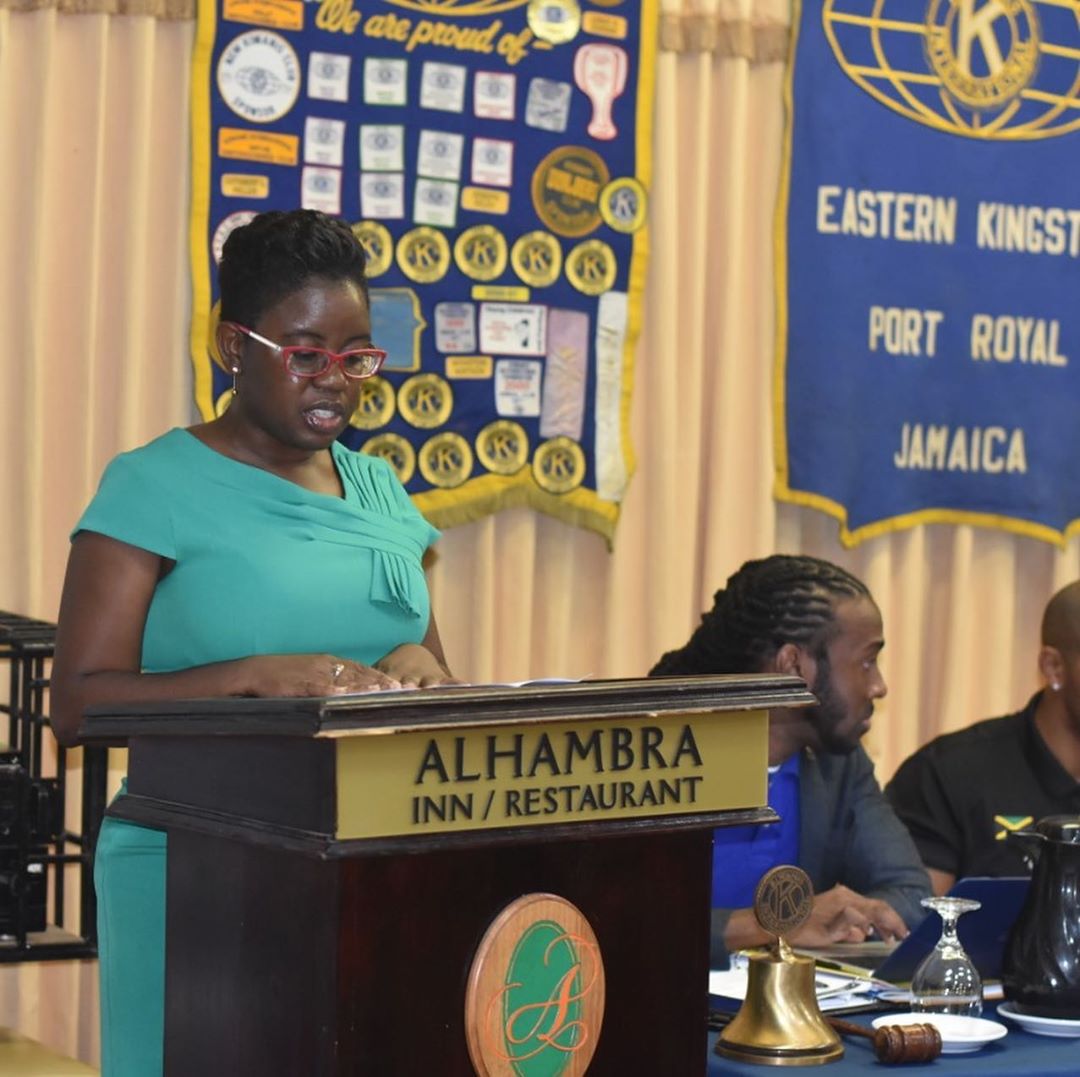
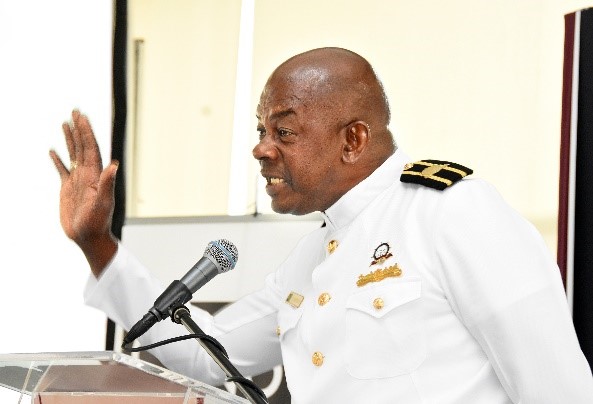
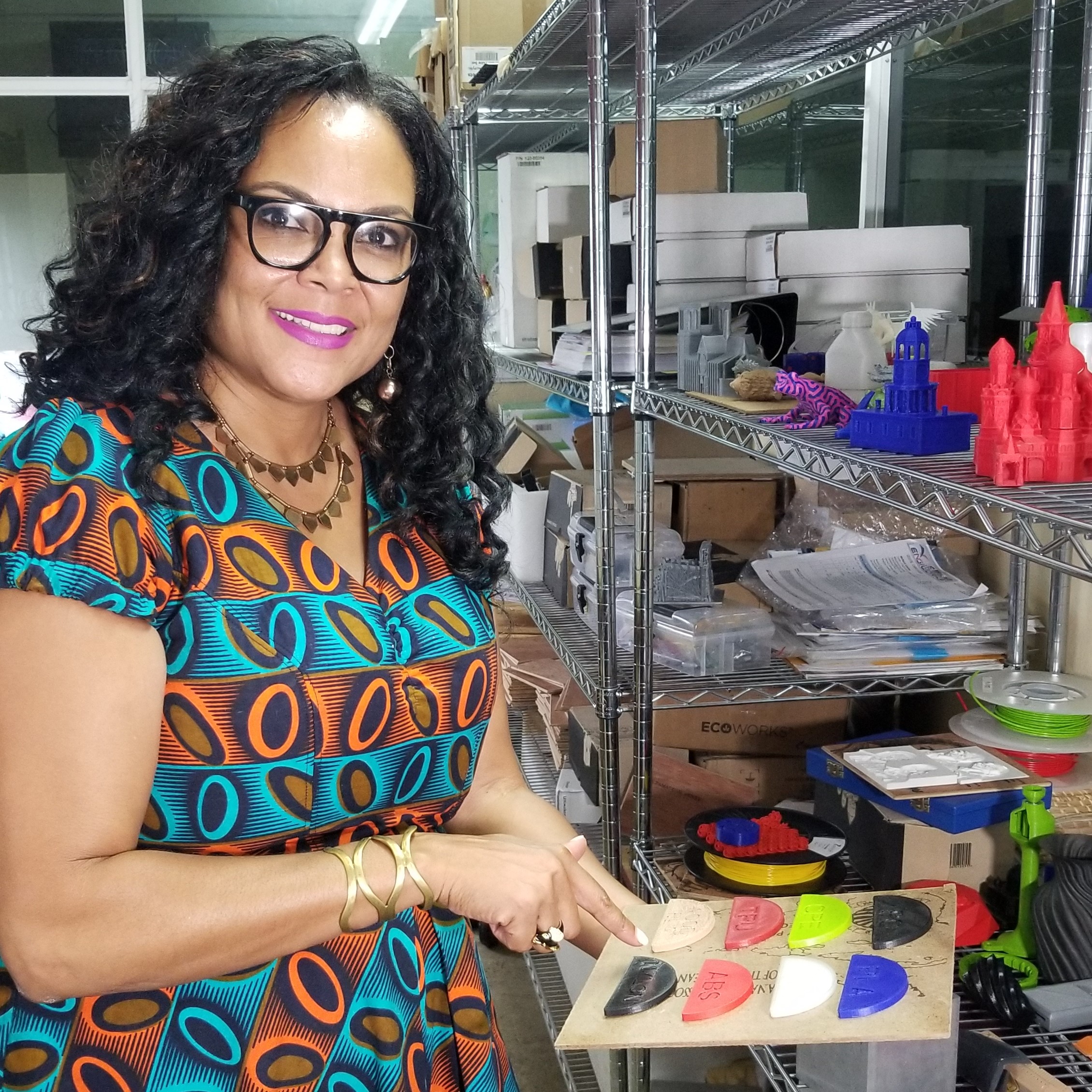
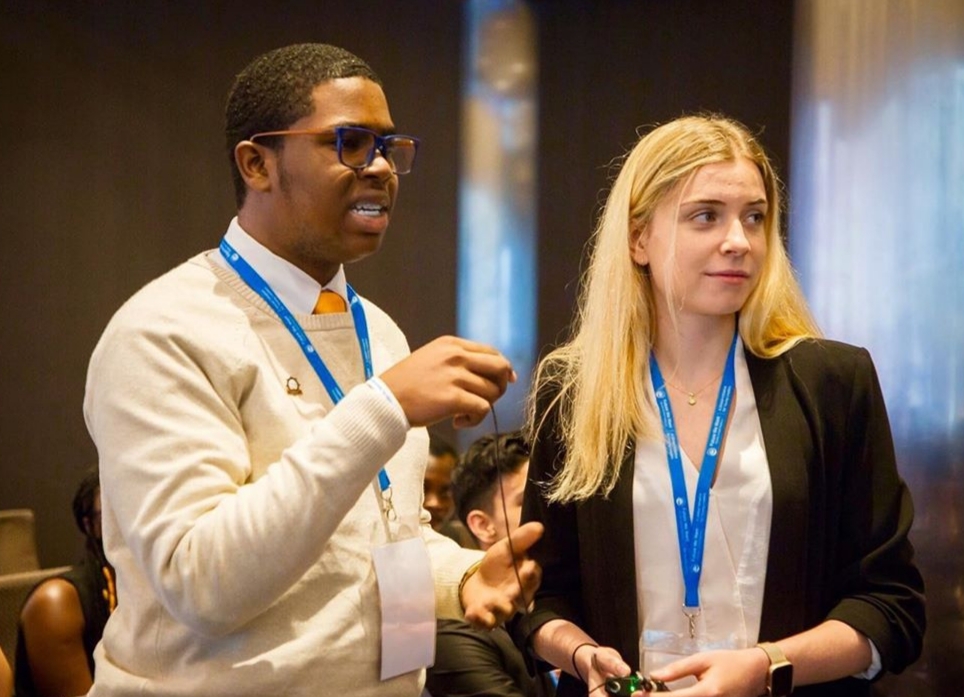
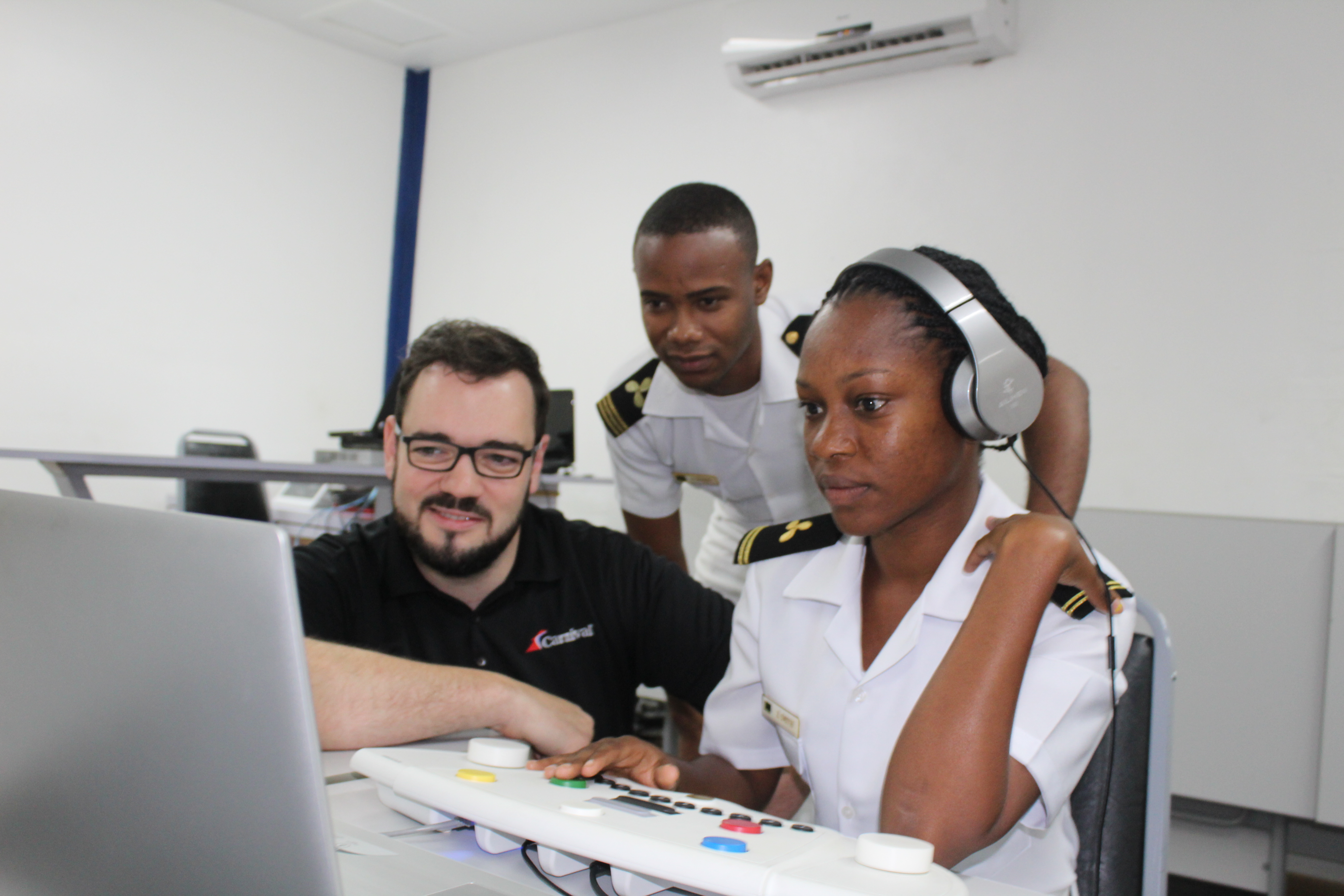
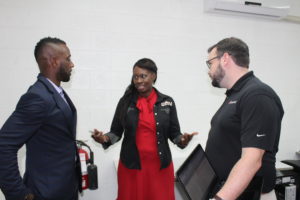 Carnival Cruise Line has partnered with Caribbean Maritime University (CMU) to recruit employees to fill vacancies on board their fleet of passenger vessels. This is the first cruise line to employ graduates of the university and for Acting President, Ibrahim Ajagunna, this demonstrates the integrity of the CMU brand and the confidence international partners have in the university’s ability to produce competent and qualified, industry ready graduates. This he says is as a result of the university remaining focused on its key stakeholders – its students – keeping them as priority while investigations are being conducted. A total of 22 persons applied for placement; six as ratings/oiler, nine as engine cadets, and seven as deck cadets. Of this number, seven were selected and are now preparing serve onboard in the coming weeks. CMU congratulates Irandie Anderson, Dwayne Bennett, Jade D’shawn Goldnogl, Romane Carridice, Jordan Grant Maxwell, Fascel Daley and the only female, Seychelle Bailey. Carnival intends to return to Jamaica during August 23 – 26, 2019 to recruit persons within the hospitality area. We look forward to providing more talent through our cruise shipping and marine tourism programme.
Carnival Cruise Line has partnered with Caribbean Maritime University (CMU) to recruit employees to fill vacancies on board their fleet of passenger vessels. This is the first cruise line to employ graduates of the university and for Acting President, Ibrahim Ajagunna, this demonstrates the integrity of the CMU brand and the confidence international partners have in the university’s ability to produce competent and qualified, industry ready graduates. This he says is as a result of the university remaining focused on its key stakeholders – its students – keeping them as priority while investigations are being conducted. A total of 22 persons applied for placement; six as ratings/oiler, nine as engine cadets, and seven as deck cadets. Of this number, seven were selected and are now preparing serve onboard in the coming weeks. CMU congratulates Irandie Anderson, Dwayne Bennett, Jade D’shawn Goldnogl, Romane Carridice, Jordan Grant Maxwell, Fascel Daley and the only female, Seychelle Bailey. Carnival intends to return to Jamaica during August 23 – 26, 2019 to recruit persons within the hospitality area. We look forward to providing more talent through our cruise shipping and marine tourism programme.

Recent Comments